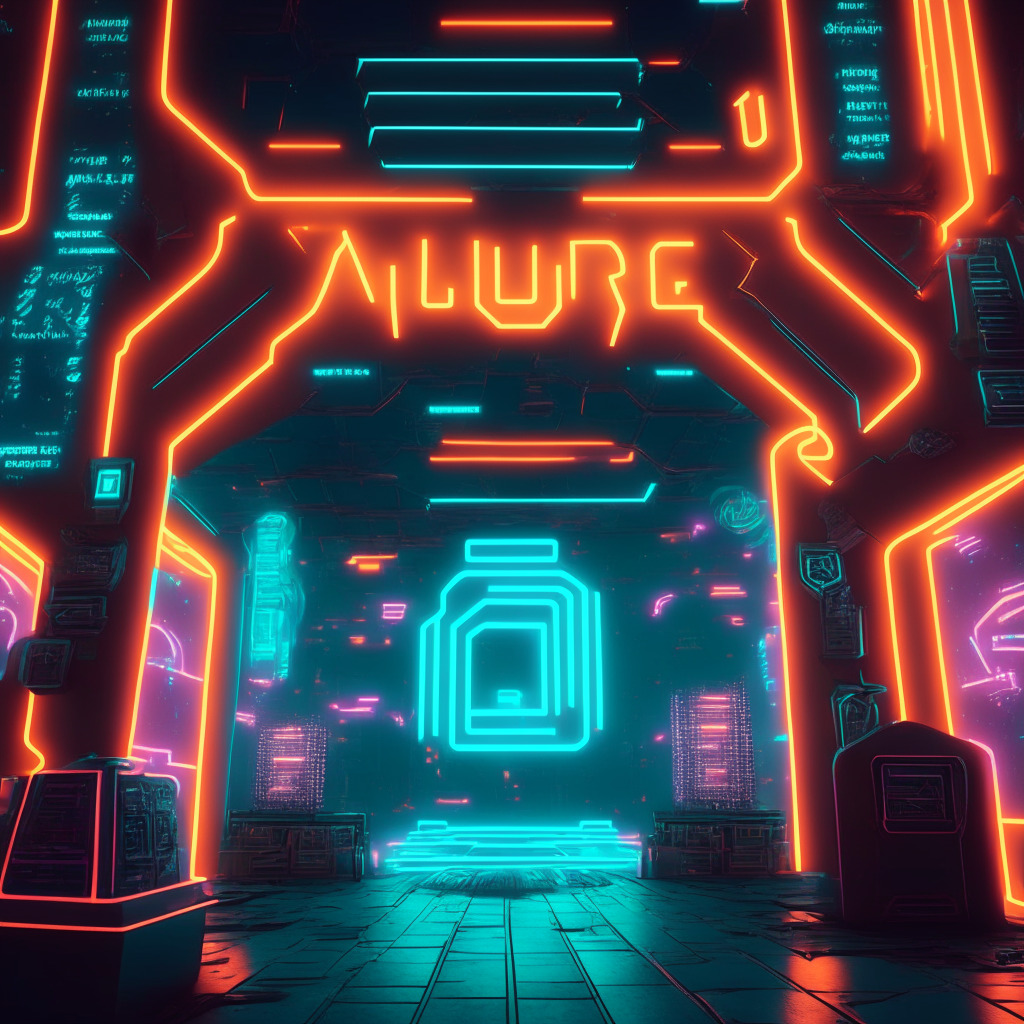The world of gaming has often had a strained relationship with advancements in technology, and none more so than in the arena of play-to-earn blockchain games. In the opinion of Atari’s founder, Nolan Bushnell, this tension is mainly due to the blending of real and crypto-world gaming economies.
According to Bushnell, the resentment towards crypto from “real” gamers is traceable to the unexpected rise of play-to-earn games, resulting in a gaming structure that disturbingly relies on “grinding”, rather than fun. His vision for the future, however, sees the merging of these worlds through an augmented reality (AR) and virtual reality (VR) build-up of digital realms.
Bushnell’s future of Web3 gaming involves leaving behind the play-to-earn approach. He envisions providing a real-world sense of time and place within the digital landscape. Bushnell sees this revolution aiming at satisfying our inherent need for socialization.
Further, Blockchain technology is said to provide three major improvements to modern gaming. First, there’s an emphasis on a seamless and secure ability to transfer. The second crucial game-changer is the utility of smart contracts, a blockchain tool that not only benefits gaming but possibly all our interactions. Lastly, blockchain technology guarantees a secured preservation of digital assets’ value—equitable to tokens and currencies.
Contrarily, some individuals may hold a sceptical lens towards Bushnell’s discourse on the benefits of blockchain technology in gaming. While blockchain ostensibly has its perks, one can’t deny that it also introduces an element of financial risk into the gaming landscape. That said, the volatility associated with cryptocurrencies is well-documented and very much a part of the game.
Moreover, introducing the value transfer aspect to gaming could arguably detract from its essence. The primary purpose of videogames offering an escape and entertainment could be undermined if they transform into platforms for financial competition. Is it possible that this could take us further from the fun component Bushnell argues is vital?
In the grand scheme of the blockchain future, the central discussion revolves around the transition from a game-based mindset to a more financially driven approach. Whether this shift will indeed benefit the gaming sector or strip it of its core engagement is a topic of continual consideration as we advance into the future era of Web3 gaming.
Source: Cointelegraph




